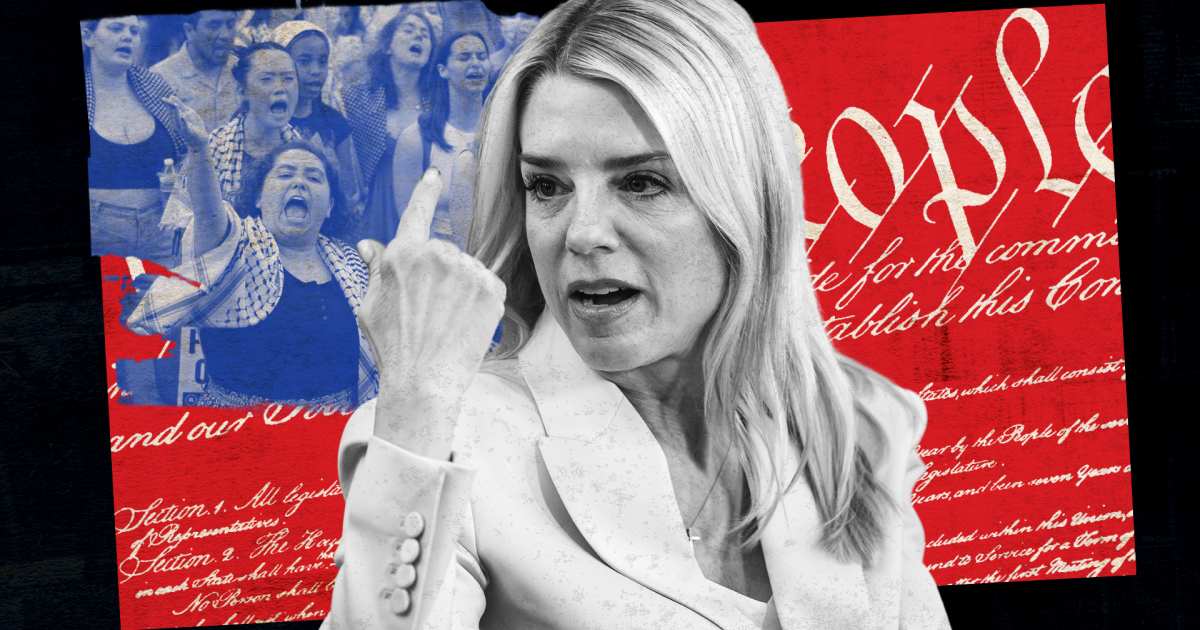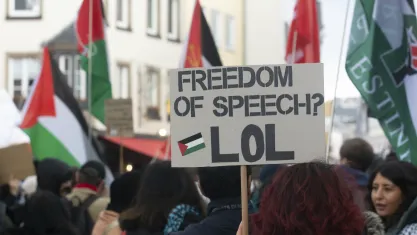This story was originally published by Chalkbeat. Sign up for their newsletters at ckbe.at/newsletters.
About one in four teachers say their schools don’t give students zeroes. And nearly all of them hate it.
The collection of practices known as equitable grading, which includes not giving students zeroes, not taking off points for lateness, and letting students retake tests, has spread in the aftermath of the pandemic. But it wasn’t known how widespread the practices were.
A new nationally representative survey released Wednesday finds equitable grading practices are fairly common, though nowhere near universal. More than half of K-12 teachers said their school or district used at least one equitable grading practice.
The most common practice — and the one that drew the most heated opposition in the fall 2024 survey — is not giving students zeroes for missing assignments or failed tests. Just over a quarter of teachers said their school or district has a no-zeroes policy.
Around 3 in 10 teachers said their school or district allowed students to retake tests without penalty, and a similar share said they did not deduct points when students turned in work late. About 1 in 10 teachers said they were not permitted to factor class participation or homework into students’ final grades.
Only 6% of teachers said their school used four or more equitable grading practices.
That was surprising to Adam Tyner, who co-authored the new report for the Thomas B. Fordham Institute, a conservative think tank, in partnership with the RAND Corporation, a nonprofit research organization. He expected more schools would be following a “whole package” of grading reforms supported by advocates like former teacher and education consultant Joe Feldman, who wrote the influential book “Grading for Equity.”
“It’s not like this has swept the country,” said Tyner, who has studied grading practices. He argues that some policies meant to create equity lead to grade inflation and don’t benefit students.
The findings come as many schools are rethinking what students should have to do to get a high school diploma, and how much emphasis should be put on grades. At the same time, many schools continue to struggle with student disengagement and historically high rates of absenteeism following the pandemic. As a result, they’re trying to hold students accountable for their work without making it impossible to catch up on missed assignments.
Though ideas about how to grade students more fairly predate the pandemic, several large districts started rethinking their grading practices following that disruption, as more students struggled to meet strict deadlines or do their homework.
Proponents of equitable grading say it’s important for students to be able to show what they know over time, and that just a few zeroes averaged into a grade can make it difficult for students to ever catch up. When students don’t see a path to passing a class, it can make them less motivated or stop trying altogether.
Still, some teachers have pushed back, arguing that no-zeroes policies can hurt student motivation, too.
That showed up in the recent survey.
Eight in 10 teachers said giving students partial credit for assignments they didn’t turn in was harmful to student engagement. Opposition to no-zeroes policies came from teachers of various racial backgrounds, experience levels, and who worked with different demographics of students.
No-zeroes policies can take various forms but often mean that the lowest possible grade is a 50 on a 100-point scale. Some schools use software that will automatically convert lower grades to a 50, one teacher wrote on the survey.
Schools that enrolled mostly students of color were more likely to have no-zeroes policies, the survey found. And middle schools were more likely than high schools and elementary schools to have no-zeroes policies, no-late-penalty policies, and retake policies.
Researchers weren’t sure why those policies popped up more in middle schools.
But Katherine Holden, a former middle school principal in Oregon’s Ashland School District who trains school districts on equitable grading practices, has some guesses.
High schools may be more worried that changing their grading practices will make it harder for students to get into college, Holden said — a misconception in her eyes. And districts may see middle schoolers as especially likely to benefit from things like clear grading rubrics and multiple chances to show what they know, as they are still developing their organization and time-management skills.
In the open-ended section of the survey, several teachers expressed concerns that no-zeroes policies were unfair and contributed to low student motivation.
“Students are now doing below-average work or no work at all and are walking out with a C or B,” one teacher told researchers.
“Most teachers can’t stand the ‘gifty fifty,’” said another.
More than half of teachers said letting students turn in work late without any penalty was harmful to student engagement.
“[The policy] removes the incentive for students to ever turn work in on time, and then it becomes difficult to pass back graded work because of cheating,” one teacher said.
But teachers were more evenly divided on whether allowing students to retake tests was harmful or not.
“Allowing retakes without penalty encourages a growth mindset, but it also promotes avoidance and procrastination,” one teacher said.
Another said teachers end up grading almost every assignment more than once because students have no reason to give their best effort the first time.
The report’s authors recommend getting rid of blanket policies in favor of letting individual teachers make those calls. Research has shown that other grading reforms, such as grading written assignments anonymously or using grading rubrics, can reduce bias.
Still, teachers don’t agree on the best approach to grading. In the survey, 58% of teachers said it was more important to have clear schoolwide policies to ensure fair student grading — though the question didn’t indicate what that policy should look like — while the rest preferred using their professional judgment.
“There are ways to combat bias, there are ways to make grading more fair, and we’re not against any of that,” Tyner said. “What we’re really concerned about is when we’re lowering standards, or lowering expectations. … Accountability is always a balancing act.”
Nicole Paxton, the principal of Mountain Vista Community School, a K-8 school in Colorado’s Harrison School District 2, has seen that balancing act in action.
Her district adopted a policy a few years ago that requires teachers to grade students on a 50-100 scale. Students get at least a 50% if they turn in work, but they get a “missing” grade if they don’t do the assignment. Middle and high schoolers are allowed to make up missing or incomplete assignments. But it has to be done within the same quarter, and teachers can deduct up to 10% for late assignments.
Paxton thinks the policy was the right move for her district. She says she’s seen it motivate kids who are struggling to keep trying, when before they stopped doing their work because they didn’t think they could ever bounce back from a few zeroes.
“As adults, in the real world, we get to show what we know and learn in our careers,” Paxton said. “And I think that kids are able to do that in our building, too.”
Chalkbeat is a nonprofit news site covering educational change in public schools.
For more news on classroom trends, visit eSN’s Innovative Teaching hub.












